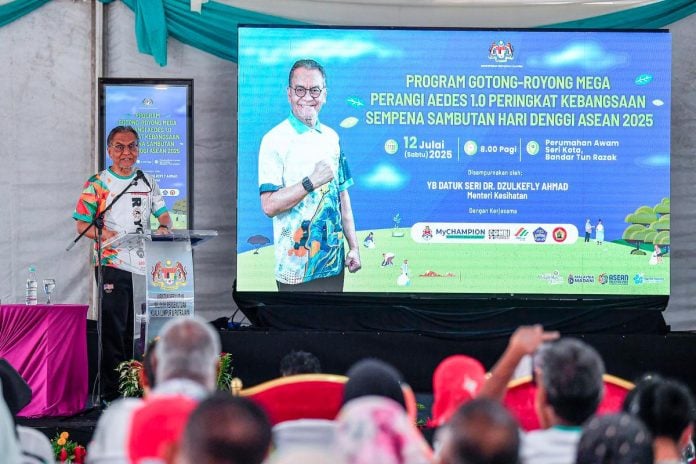PUTRAJAYA: The Health Ministry (MOH) reported that Malaysia currently employs 120,667 nurses nationwide across public and private sectors.
However, public health facilities are still facing a shortage of 14,000 nurses, prompting a series of structural reforms to close the gap.
In a statement to the media, Health Minister Datuk Seri Dr Dzulkefly Ahmad outlined key interventions, including doubling annual nursing trainee intake at the Ministry’s training institutes from 1,500 to 3,000, increasing Promotion via Appointment (PSL) slots.
“The entry requirement for nursing diploma programmes has also been temporarily eased from five to three SPM credits between January 2025 and December 2026.
“The programme is now open to applicants from various academic backgrounds, including STPM, STAM, SVM, UEC and equivalent qualifications.
“However, core subjects such as Bahasa Melayu, Mathematics, and Science remain compulsory to ensure the quality of nursing graduates.”
MOH has also ended the moratorium on private nursing programmes, with 12 new institutions applying to offer diplomas.
Not applied to public facilities, private healthcares are now allowed to employ foreign-trained nurses under tight restrictions as a temporary mesasure; capped at 40% of the local workforce, with mandatory licensing exams and employment regulations.
Meanwhile, the ministry has opted not to implement the On-Call Allowance (ETAP) at present due to widespread staffing shortages that prevent alternative shift arrangements.
“I have instructed the Director-General of Health to continue advocating for and seeking solutions to realise the implementation of the ETAP in a way that benefits eligible healthcare workers.”
On staffing transparency, Dzulkefly defended the February cancellation of doctor placements under the ePlacement system, citing technical faults.
The revised system was used successfully on July 8 by 2,248 newly appointed medical officers. Appeals period runs until July 14, with outcomes to be announced by August 19.
The ministry’s six-month achievements also includes reforms such as: amendments to the Medical Act and regulations, implementation of the Tobacco Product Control Act (including vape regulation), mandatory drug pricing displays at private clinics, and collaborative financing frameworks with the Finance Ministry and Bank Negara under the RESET initiative.
Digital upgrades include the rollout of cloud-based clinic systems at 156 facilities and new MySejahtera features to be announced soon.
“I won’t promise everything will be solved overnight, but we listen, we act, and we won’t stay silent,” Dzulkefly said.








